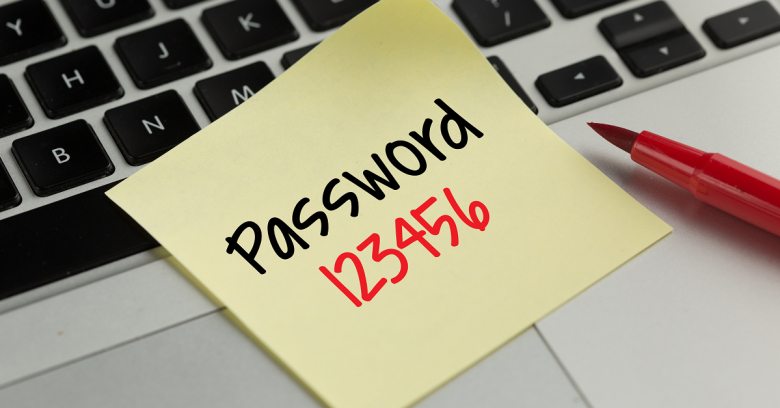
21 May Passwords You MUST HAVE as a Website Owner!
By Paul Barrs.
I miss my $1000 coffee machine. It was like a café on tap. The silly thing is though, I threw it out without evening knowing. It took me 4 weeks to realise it was gone even though I used it every day.
Let me explain…
A few years back I moved house and between ‘houses’ I had my furniture in storage for a month. I used the opportunity to clean up somewhat; sorted through a few things, and put those things that I figured I wouldn’t use any more out to pasture at the local Salvos store. Everything was packed neatly, everything was labelled, organised and sorted.
Being that I was downsizing to a nice apartment rather than a house, I left a few boxes in storage afterwards. I figured that’s where my coffee machine was when I first noticed it missing. Of course it wasn’t… and as you can guess, the rest is history.
The staff at the local Salvo’s store are enjoying their coffee breaks like never before!
The thing is, it’s easy to replace a coffee machine, but it’s not so easy to replace your website if you accidentally “give it away’. Could that happen? You bet – and it’s easier than you think!
It all comes down to this – most web development companies have full access to all your web properties; domain names, server settings and so on. And that’s OK, they need to in order to do their job. They are usually the ones who set up your website in the first place; which means they not only have access to your web properties but have control over them too.
Look at it this way – when you want to set up a brand new website with a domain name and you don’t know how to do this yourself you get your web guy (or girl) to do it for you. The same applies to your website hosting, your email accounts, databases, Facebook, Twitter etc – everything that requires technical set up and has a username / password access… *they* do for you.
These usernames and passwords are the keys to your business!
The real problem (that I see often) is that most “web development companies” DO NOT give these details to their customers. This means if something should ever happen to the person or the company that is managing your site – simply put, you’re cactus! You’re up the creek… you’re pushing it uphill, you’re – OK.. you get the picture!

Try and Find Your Usernames or Passwords in there!
It’s imperative that you get these details from your web people. Worst case scenario (and you don’t have your domain registry details), your web developer could go out of business and you no longer have the ability to re-register your domain name or move your site to a new web host. Don’t think it can happen? Ask around, it happens all the time.
So grab your pen and paper – these are the things that you MUST HAVE to protect your web assets.
1. Your domain registry details (username / password / registry key). Once your domain name is registered and your website running, I suggest you change these details so that ONLY you have access to them. Your web developer DOES NOT need access to this once your site is set up and running.
2. Your website hosting / server admin access / ftp details (sometimes called Cpanel). These give your webmaster access to your site for updates and changes. They need these. I suggest that each time you make major updates to your site that you get a backup sent to you; weekly or monthly if you blog and make regular changes.
3. Your Your CMS’s Full Administration Access (Like WordPress Admin Area) If you’re running a CMS (content management system) like WordPress, it’s vitally important that you have Administrator Access to your back-end. This allows you or your assigned other to perform various tasks which are important to the upgrade, upkeep and maintenance of your website. One of the most common problems I face is when a new client asked me to do their on-page SEO, and I can’t because I don’t have administrator access to their back-end. I can’t add plugins, I can’t do backups, I can’t access and edit the areas that I need to to do the job I’ve been asked to!
And here’s the thing… should something ever happen to your web designer / web company… neither can you! You’ve just control of your website because you never had it!!
4. All email usernames / passwords. Chances are you have these already as you need to access your email, but it’s a good idea to change the passwords once you’ve got your email up and running – no need to give access to anyone who doesn’t need it.
Four simple things that can ensure the security of your website and your online business. What are you doing today? I suggest that you look through your files to make sure that you have these things, and if you don’t – pick up the phone and get them; else your ‘spring’ could turn to winter overnight.
These website passwords are among the MOST IMPORTANT things your business can own!

You MUST Protect Your Business with Strong Passwords


